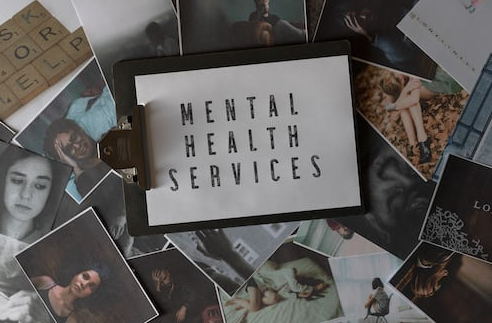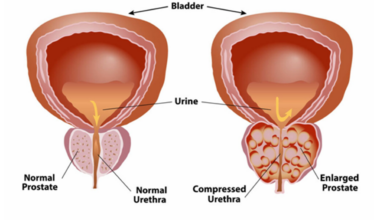
Mental health programs are essential for improving individuals’ and societies’ well-being in a post-pandemic world. However, they face many challenges and barriers that need to be addressed urgently.
By increasing funding, human resources, political commitment, and evidence-based guidelines for mental health programs, and by integrating mental health into primary care, promoting mental health literacy and awareness, and empowering people with mental health problems and their families, we can ensure that everyone can enjoy their right to mental health and live a fulfilling life.
Special attention must be given to LGBTQ individuals, who are more likely to experience mental health issues, such as depression, anxiety, and suicidal thoughts, due to social stigma and discrimination. Addressing these issues and increasing access to mental health services for LGBTQ individuals is essential for their recovery.
Read Also: Recognizing Depression: 11 Key Symptoms to Watch For
Promote mental health literacy and awareness
Mental health literacy is the knowledge and skills that enable people to recognize, understand, and cope with their own or others’ mental health problems.
Mental health awareness is the recognition and acceptance of mental health issues as a common and legitimate aspect of human well-being. Promoting mental health literacy and awareness can help prevent mental health problems, reduce stigma and discrimination, and encourage help-seeking and help-providing behaviors.
Public education campaigns using the mass media
These campaigns could focus on increasing knowledge of mental health issues and destigmatizing mental health care. For example, the ‘Where’s Your Head At’ campaign in the UK used television adverts and radio spots to encourage people to seek help for their mental health.
Read Also: 8 Ways For Supporting Loved Ones in Mental Health Crisis
Social media or celebrities convey positive
This could be achieved through campaigns featuring celebrities advocating for mental health awareness and destigmatization, and through social media outlets.
For example, in the UK, the Heads Together campaign was spearheaded by the Duke and Duchess of Cambridge and Prince Harry. It featured various celebrities in the media, including Stephen Fry and Rio Ferdinand, to promote conversations about mental health and destigmatize it.
Accurate messages about mental health
These messages should be backed up by evidence-based research to ensure accuracy. For example, accurate messages about mental health could include information about treatments available. They could also include the importance of seeking help and the signs and symptoms of mental illness.
School-based programs that teach students and teachers about mental health topics and skills
Such programs should be designed to foster understanding, but also provide practical tools that equip students and teachers with the skills to recognize and address mental health issues. For example, a program could provide students with strategies to manage stress, such as relaxation exercises, mindfulness, or problem-solving skills.
Peer support programs
Peer support programs allow people with mental health problems to share their stories and offer support. For instance, a peer support program might involve people with lived experiences of depression coming together to discuss their experiences.
They might also provide each other with emotional and practical support. There are also specialized peer support programs, such as those aimed at LGBTQ individuals in substance abuse recovery. These types of programs provide a safe space for those in recovery to talk about their experiences and support one another.
Empowering people with mental health problems and their families
People with mental health problems and their families are often the most affected by mental health systems’ challenges and barriers. They are also the most knowledgeable and resourceful about their own needs and preferences.
Empowering them can improve their self-esteem, self-efficacy, and quality of life. It can also help them participate in the planning, implementation, and evaluation of mental health programs and policies.
Self-help groups that provide mutual support and information among people with similar experiences
These groups can also provide education and resources to help members achieve their goals. For instance, Mutual Aid Groups (MAGs) provide support and resources to those struggling with drug and alcohol addiction, allowing members to share their experiences and help one another through the recovery process.
Advocacy groups that lobby for the rights and interests of people with mental health problems and their families
Additionally, they can help to create an environment of acceptance and understanding, allowing members to feel safe and supported.
For example, the National Alliance on Mental Illness (NAMI), the largest grassroots mental health organization in the United States, advocates for access to services, treatment, support, and research to improve the lives of millions of Americans affected by mental illness.
User-led or family-led services that provide peer support, counseling, or respite care
Moreover, they can foster a positive atmosphere where everyone is welcome and respected. This in turn helps to build a sense of community and belonging.
Such support could come in the form of peer-to-peer groups, counseling, or respite care programs led by users or their families. For example, a peer-to-peer support group can be created to connect individuals living with similar conditions to offer advice and share experiences.








